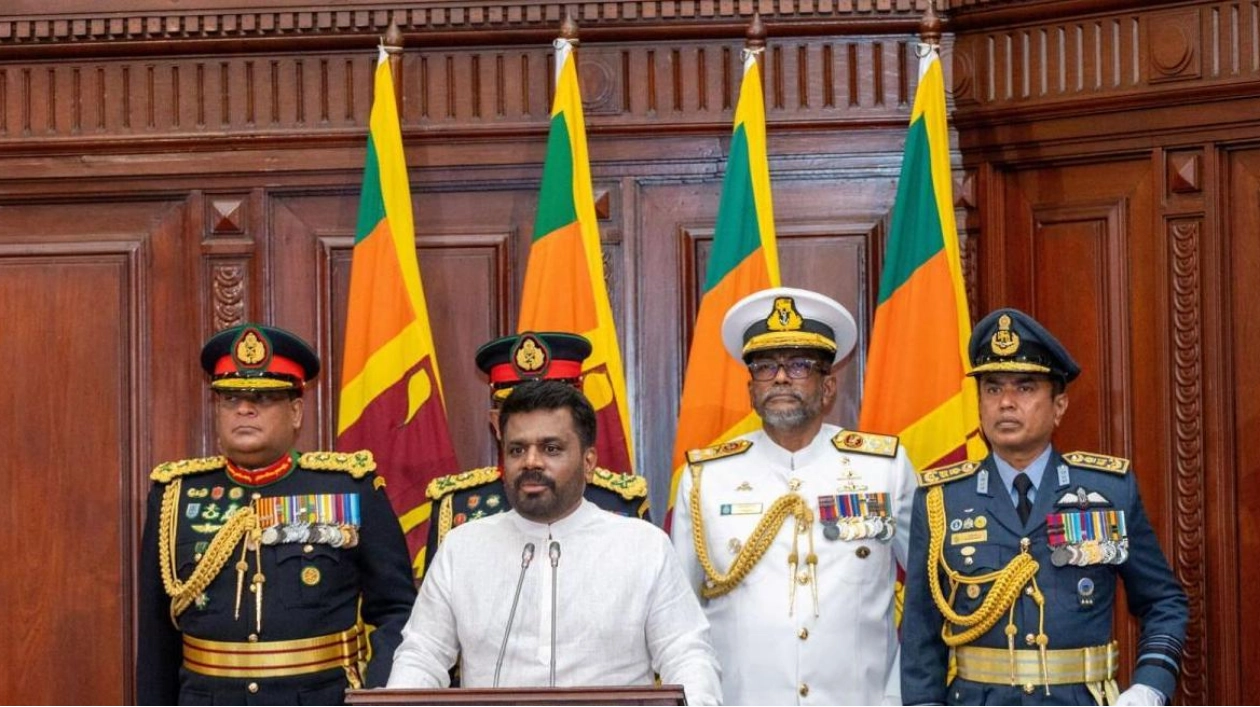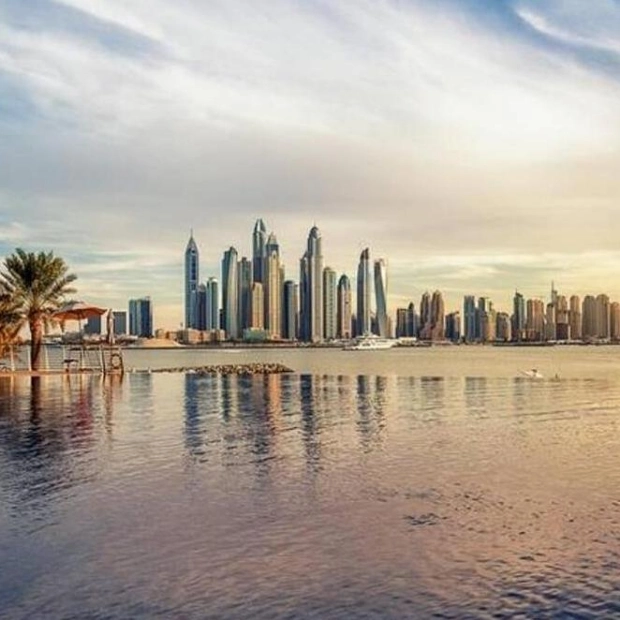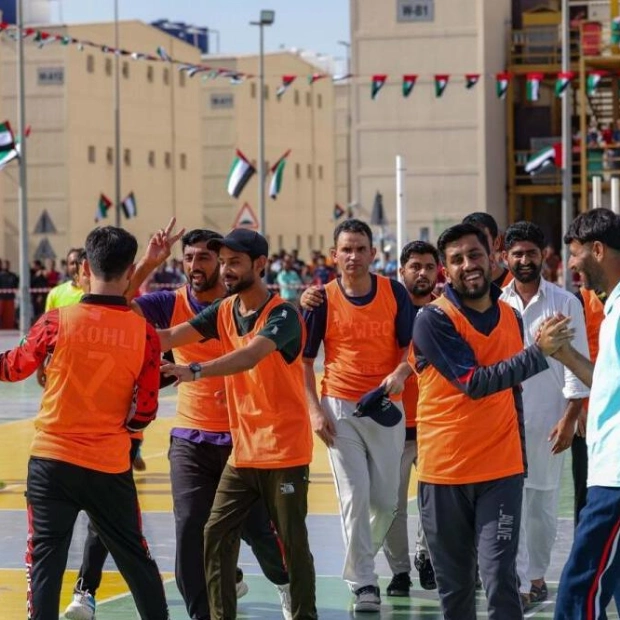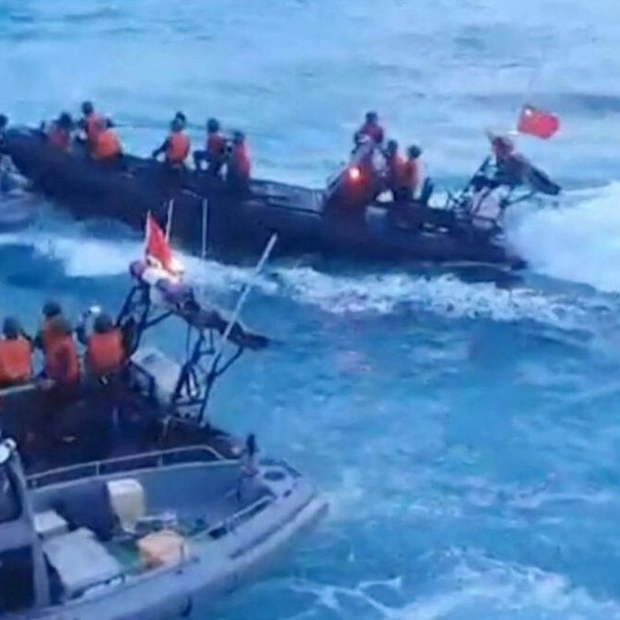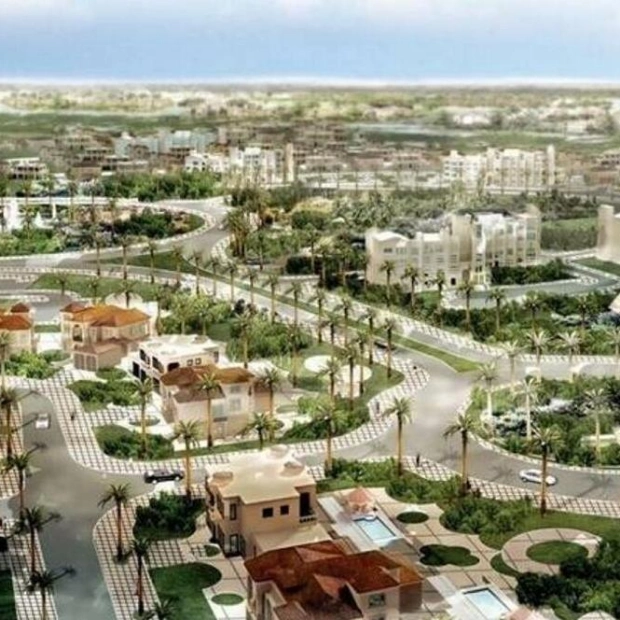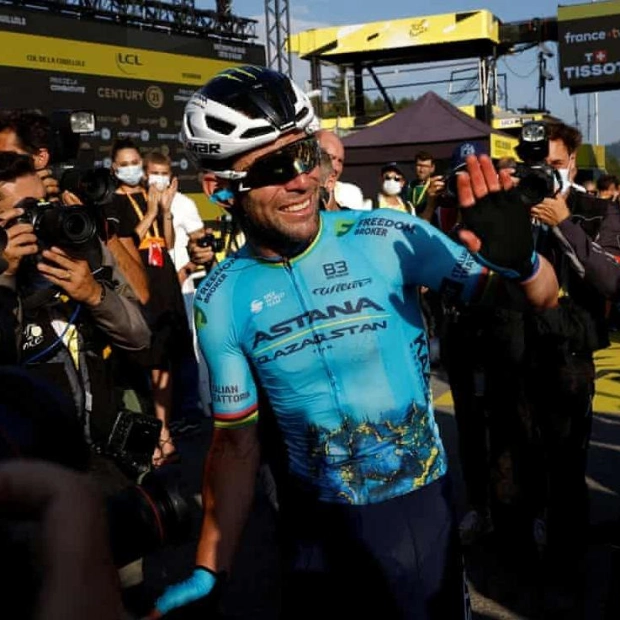Sri Lanka's new president, Anura Kumara Dissanayake, a leftist leader, assumed office on Monday, vowing to bring about significant changes in a nation that has long been dominated by influential political families. This transition comes as the country recovers from its most severe economic crisis in over seven decades. Millions of Sri Lankans cast their votes for the opposition parliamentarian, placing their trust in his promises to combat corruption and strengthen the fragile economic recovery.
"I pledge... to demonstrate dedication to protecting and upholding democracy," Dissanayake, 55, stated during his inauguration speech at the president's office, acknowledging the challenges ahead. "Our politics needs to be cleaner, and the people have called for a different political culture," he added. "I am ready to commit to that change."
Outside the presidential office, dozens of supporters cheered, holding posters with Dissanayake's image and waving the Sri Lankan flag. Some chanted "AKD," the initials of the new president, who has replaced the incumbent, veteran politician Ranil Wickremesinghe. "I’m very happy," said beautician Iroma Nilanthi Liyanage, expressing the hope that Dissanayake's leadership would benefit the poor.
Dissanayake now faces the task of forming a new cabinet and securing support from parliament, where his party holds only three of 225 seats. This is crucial for passing a budget under the terms of a $2.9-billion bailout from the International Monetary Fund (IMF). Prior to his swearing-in, Prime Minister Dinesh Gunawardena resigned to pave the way for the new prime minister and his cabinet.
Gunawardena, 75, had taken over as prime minister in July 2022 after former president Gotabaya Rajapaksa fled the country and resigned amidst protests triggered by the economic crisis. Dissanayake was officially declared the new president on Sunday, succeeding Wickremesinghe, who had been appointed by parliament to complete Rajapaksa's term.
Sri Lanka's sovereign dollar bonds saw a decline on Monday, trading between 49.14 and 49.77 cents on the dollar. Investors are concerned that Dissanayake's Marxist inclinations and his desire to renegotiate the IMF bailout terms could delay future disbursements and impact the recent debt deal with bondholders. Neighboring countries, including India, Pakistan, and the Maldives, along with China, the largest bilateral creditor, have congratulated Dissanayake on his victory.
